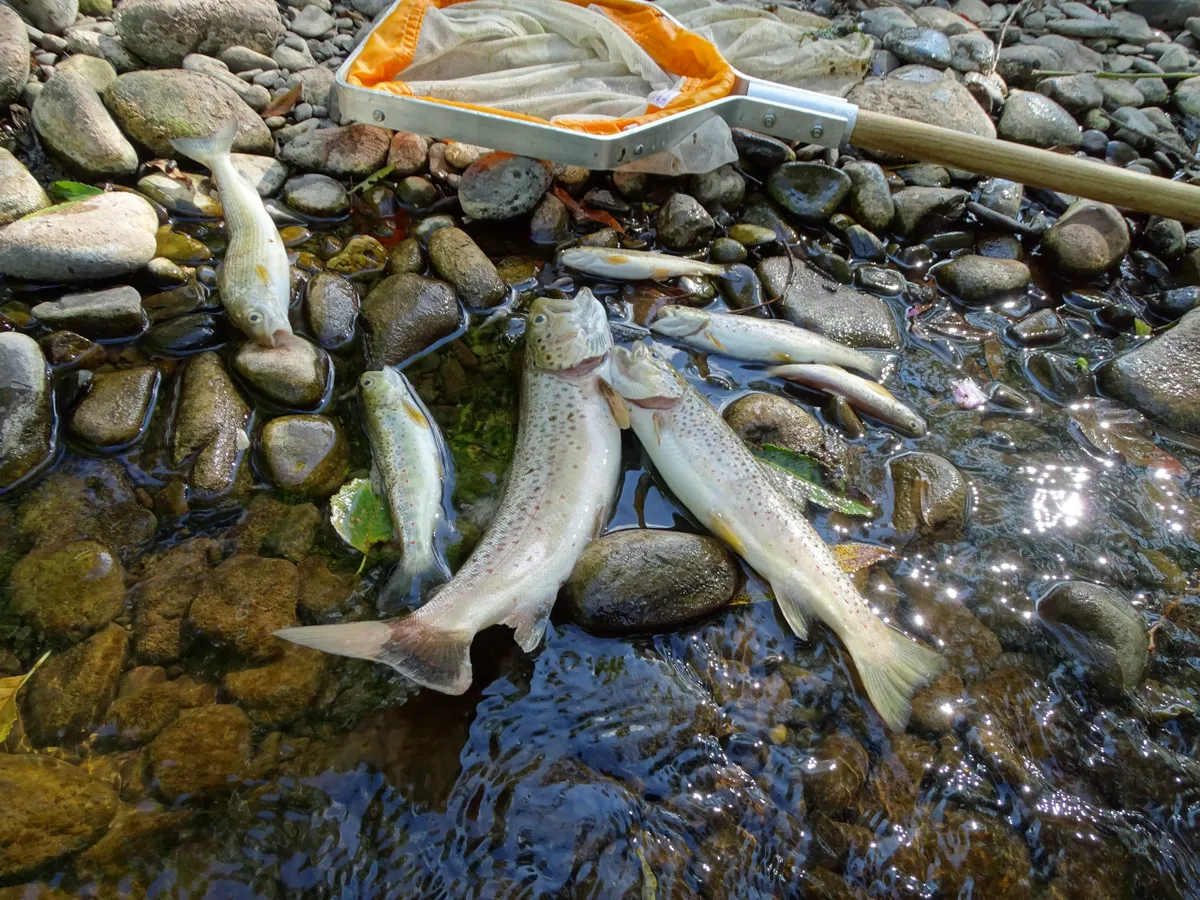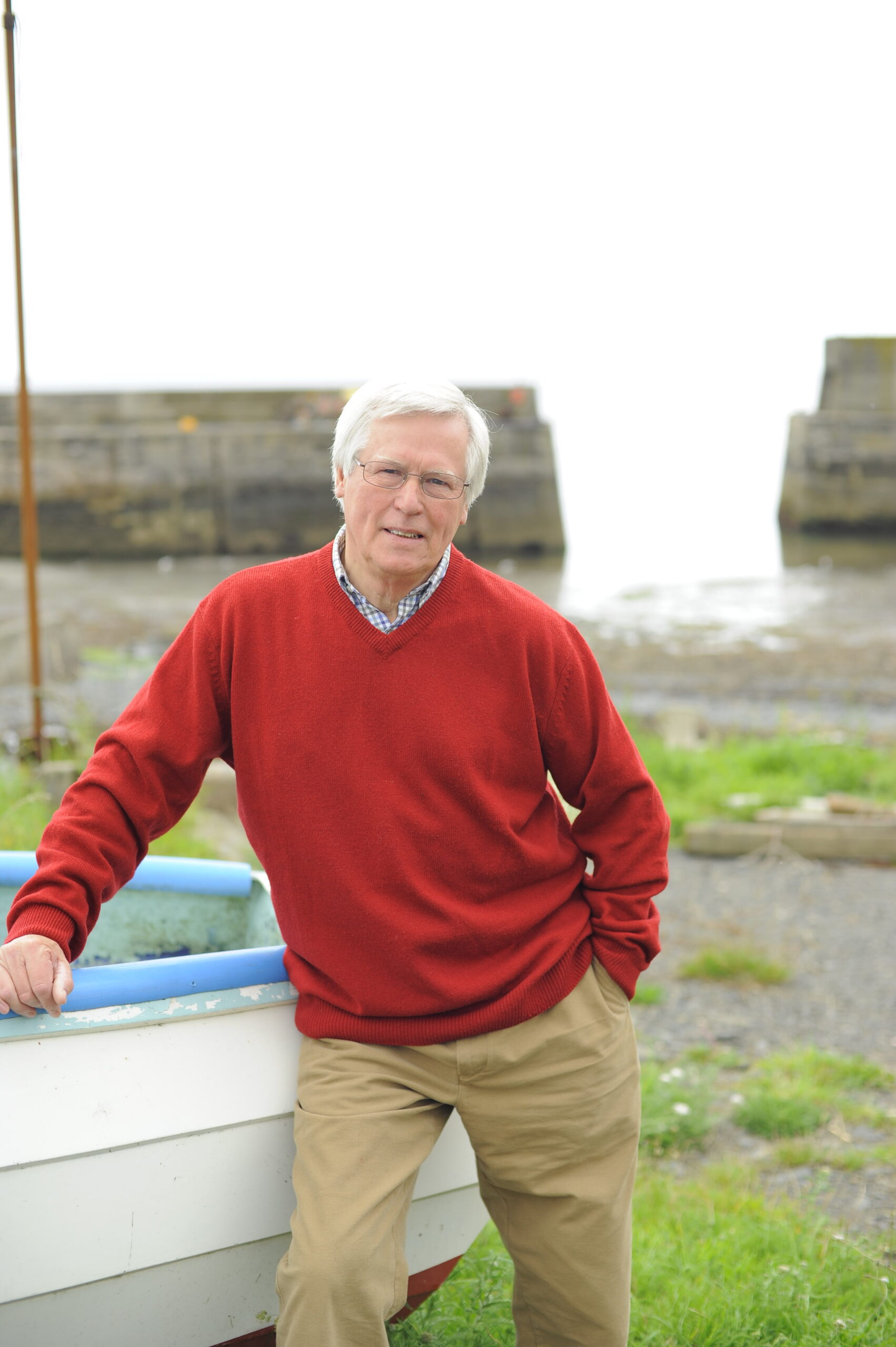Pollution levels that have turned most of England’s rivers into dirty, dangerous sewers are, quite frankly, a national disgrace. In its first major investigation, a powerful new watchdog is questioning the roles played by the water services regulator Ofwat, the Environment Agency (EA) and, at the very top, the Secretary of State for Environment, Food and Rural Affairs.
Campaigners have long blamed the three for allowing the pollution of our waterways and now the newly formed Office for Environmental Protection (OEP) will officially determine whether they have failed to comply with their duties, which include managing and enforcing the way water companies deal with sewage. If they are found to be at fault, the OEP will step in to tighten up the system.
“We clearly do not know at this stage what our findings will be or where the investigation will take us,” says Helen Venn of OEP. “Our priority will be to protect and improve the environment.”
Earlier this year, a report revealed that only 17% of English rivers, streams and lakes were in good ecological health, compared to 53% in mainland Europe. A group of MPs concluded that a cocktail of raw sewage, slurry and microplastics was coursing through the rest, putting public health and nature at risk.

The OEP’s intervention is welcomed by, among other countryside groups, WildFish (formerly Salmon & Trout Conservation), which first raised the issue with the new body. “We have all the law we need to prevent water companies dumping raw sewage in our rivers,” says its CEO Nick Measham. “What we lack is a Secretary of State, an Ofwat and an EA prepared to enforce the law. We hope this investigation corrects that failure.”
Shortly after the watchdog made its announcement, an EA annual report showed it was toughening its stance against polluting water companies, following 62 serious incidents being logged last year, the most for nearly a decade. It called the situation “shocking” and set about naming and shaming. Of England’s nine water companies, the EA condemned the performance of two of them, Southern and South West Water, as “terrible”, while four others – Anglian, Thames, Wessex and Yorkshire – needed “significant improvement”.
We would like to see prison sentences for chief executives and board members whose companies are responsible for the most serious incidents
Emma Howard Boyd, EA chair
Then came a bombshell: “We would like to see prison sentences for chief executives and board members whose companies are responsible for the most serious incidents,” says Emma Howard Boyd, EA chair. “We intend to make it too painful for them to continue as they are.”
That offensive was followed a few days later by another from George Eustice, the Secretary of State. He announced a new legal duty for water companies to upgrade sewage works and “take urgent action to tackle pollution from nutrients where they are threatening some of our most precious habitats”.
Excess amounts of spilled phosphorous and nitrogen lead to rivers becoming choked with nutrients, turning the surface green with algae and harming aquatic life, while people using rivers for leisure have fallen ill after swallowing bacteria in the water. Sewage plants aren’t the only ‘baddies’; run-off from intensive farms and roads also contaminates waterways.
The OEP has only just started investigating, but let’s hope the enforcement of incontrovertible rules – and the threat of time behind bars – will give us back clean and healthy rivers.

